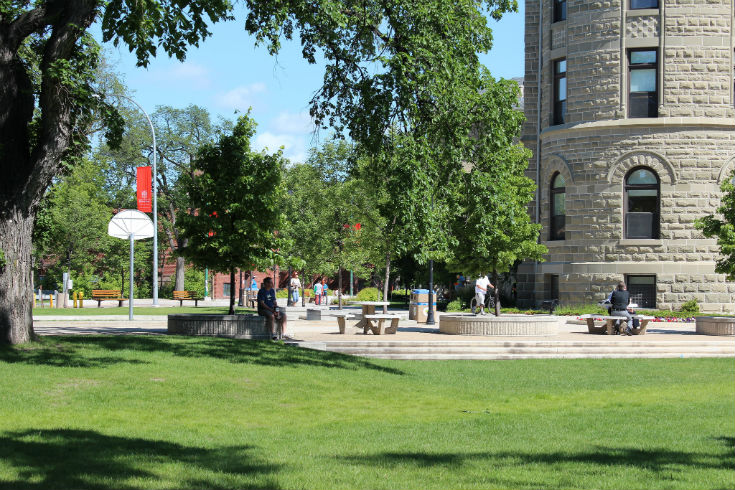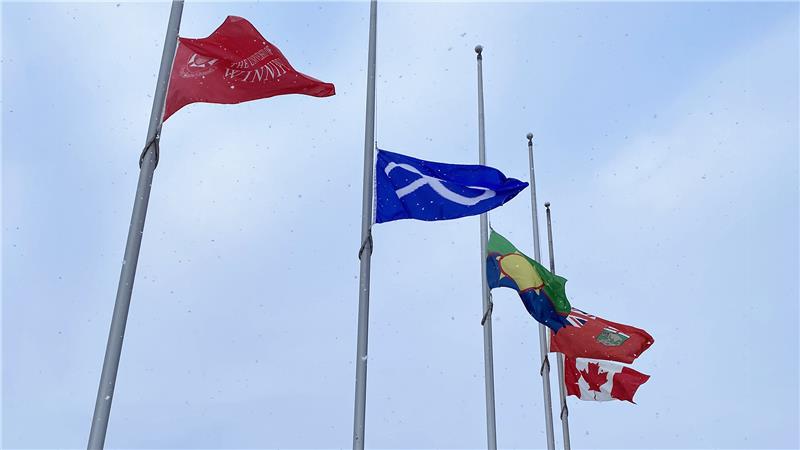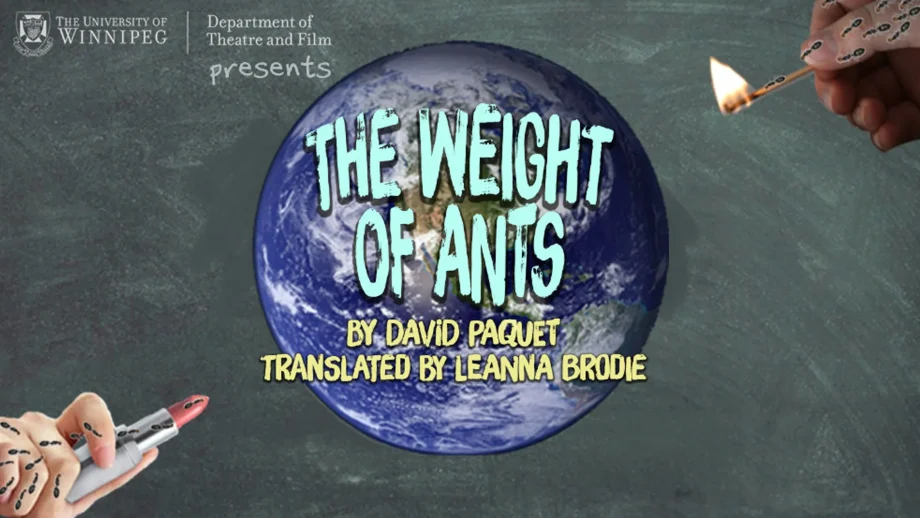WINNIPEG, MB –The University of Winnipeg’s Board of Regents this evening approved an Operating Budget of $125 million for the 2015-2016 fiscal year. The budget provides fiscal stability along with key strategic investments while UWinnipeg officials work in collaboration with the provincial government to address the historical funding imbalance UWinnipeg faces compared to other post-secondary institutions. UWinnipeg continues to assertively pursue new revenue streams and partnerships and in response to community and student needs, is introducing improvements in:
- Student success by adding two new counselling positions to enhance student wellness, fulfilling a commitment to have three full-time, in-house counsellors on staff; providing support for the annual student Powwow; maintaining UWinnipeg’s academic strength by replacing a number of retiring faculty members.
- Research by reallocating two positions to assist faculty in obtaining external research funding and to identify new sources of grant revenue; strengthening partnerships such as creation of the first Chair in the History of Indigenous Arts of North America, a shared position with the Winnipeg Art Gallery; and a new shared faculty position with Canada’s national laboratory for particle and nuclear physics, TRIUMF.
- New Indigenous initiatives as recommended by the Truth and Reconciliation Commission including development of an Indigenous course requirement for all students; and introduction of Indigenous language programs this academic year.
UWinnipeg currently has approximately 10,000 students. Due to demographic shifts, domestic enrolment is expected to decrease by 1% next year while international enrolment is projected to remain stable. This budget reflects an overall 4% increase from the provincial government: a 2.46 % increase in the operating grant, and an additional $1 million for 2015-2016 to begin addressing UWinnipeg’s unique structural imbalance. The budget also includes an increase of 1.9% in domestic tuition. This amounts to an additional $44 annually for the average student. Tuition fees in Manitoba remain approximately 36% below the national average.
The operating budget includes aggressive vacancy management (delaying the hiring of support staff), saving $4.5 million in the coming year, and an additional $500,000 in savings will be realized by insourcing informational technology management services. Over the past eight years, UWinnipeg has streamlined administrative operations and cut more than $15 million in annual expenses from its Operating Budget.
UWinnipeg has historically received less per student in its provincial grant than other post-secondary institutions in Manitoba, a funding imbalance that goes back decades. The University continues to deal with the impact of a significantly increased pension expense for its now closed Defined Benefit Plan resulting from changes to actuarial assumptions and the economic downturn of 2008. The University is rolling over a pension deficit of $2.5 million from last year. As has happened in the past, UWinnipeg will be working with the province to manage this.
A collaborative working group of government officials and university representatives has been established and is working to continue correcting UWinnipeg’s funding imbalance.
“I am confident that both Premier Greg Selinger and Minister of Education and Advanced Learning James Allum are committed to ensuring the long term fiscal sustainability of the University of Winnipeg. I know there is strong support for UWinnipeg’s unique mission, which aligns with the province’s goal of making education accessible to all,” said Dr. Annette Trimbee, President and Vice-Chancellor. “We offer students high quality, relevant academic programs, and we’ve successfully attracted and support a diverse population of learners that reflects the talents of the community around us.”
For 2015-2016, UWinnipeg will remain one of the most affordable places for international students to study in Canada. UWinnipeg is rationalizing and differentiating international tuition rates in arts, business and science in keeping with many other Canadian universities. The average impact will be a 5% increase for international students depending on the mix of courses students take. Because of the stronger US dollar, many international students will be paying less than last year in their home currency.
UWinnipeg’s revenue generating educational programs – Professional, Applied and Continuing Education (PACE), and English Language Program (ELP) – are contributing more than $800,000 to the operating budget.
MEDIA CONTACT
Diane Poulin, Senior Communications Specialist, The University of Winnipeg
P: 204.988.7135, E: d.poulin@uwinnipeg.ca





